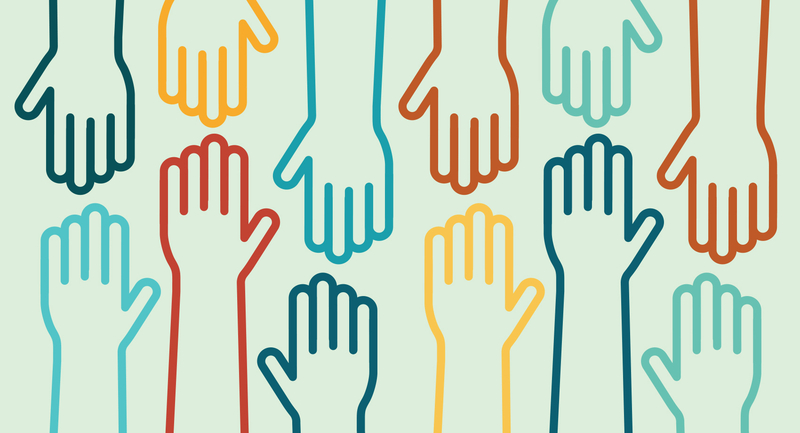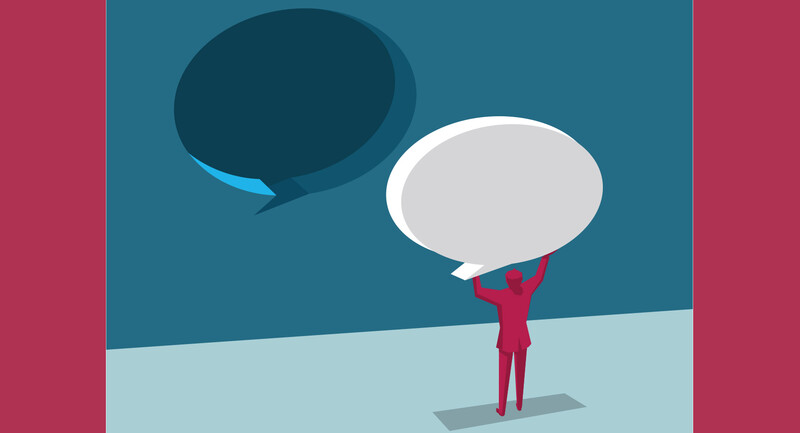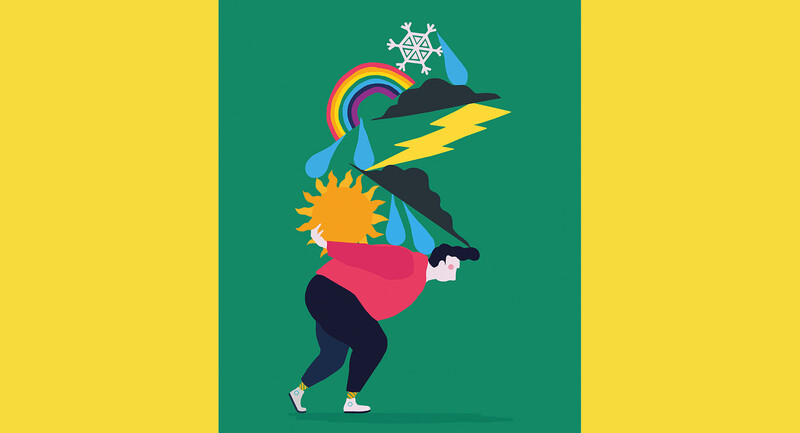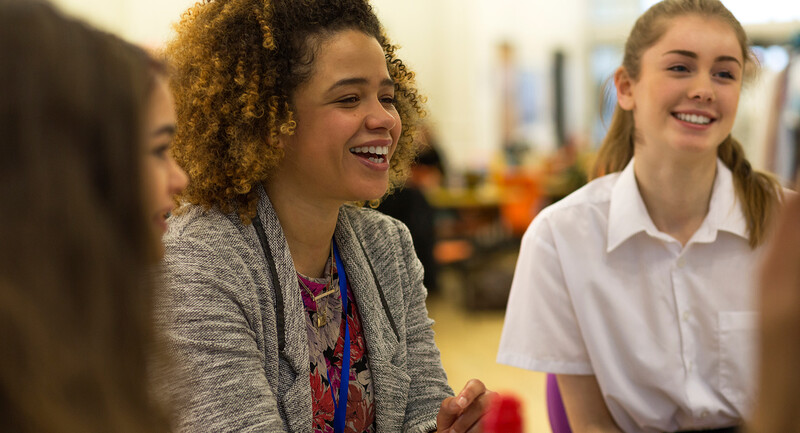This school year has made me question my abilities as a coach. I thought I knew something about guiding educators toward cultivating their resilience, and then there was a pandemic. And distance learning. And the whiplash of now we're back in-person, no we aren't, yes we are. I've had to reach deep into my toolbox of transformational coaching strategies to help teachers and school leaders navigate challenges, changes, and a turbulent sea of emotions. Over and over, I've told myself to trust the coaching process, trust the journey—because I've doubted whether I was helping.
As the 2020–2021 school year comes to an end, educators have a unique opportunity to deepen their resilience by engaging in a thoughtful, intentional reflection process. This a key moment to understand that resilience is built when we experience adversity and emerge stronger than we were before. One way we can feel stronger is by being able to point to what we learned from this difficult experience.
Sharing Learnings—to Thrive
It's possible that we'll return to something closer to normal next year, but from start to end, 2020–2021 has been full of uncertainty, fatigue, fear, and a need for flexibility that's stretched even the most agile educators. We might be tempted to slam the door shut on this school year and just look forward. However, we should reflect on this year and identify insights gained. We don't need to find silver linings, and it often doesn't help to say, "Everything happens for a reason." But being able to point to learnings builds resilience. And to clarify: Resilience enables us to thrive, not just survive. It's time we aim higher than mere survival.
Human beings are wired to want to learn. The anthropologist Edward T. Hall wrote, "Humans are the learning organism par excellence. The drive to learn is as strong as the sexual drive—it begins earlier and it lasts longer." Add to this the fact that educators have chosen to be in a profession centered around learning. Ironically, most professional learning for educators leaves much to be desired, but offering educators the opportunity to reflect on an experience is professional development—and boosts resilience.
What I'm saying is this: Don't finish this school year without engaging in your own reflection. And offer those you lead, coach, and supervise the opportunity to reflect and identify their learnings. Finally, engage in this process together! By reflecting as a team, you'll build collective resilience.
Collective resilience is a group's ability to respond to challenges or unexpected change, which isn't necessarily the sum of each individual person's resilience. You can have a group of people who are individually resilient, but when they come together, their group dynamics result in low levels of collective strength. But a team can get stronger by going through a tremendous challenge together, if they have an opportunity to process together what they experienced and share insights.
Facilitating an End-of-Year Reflection
Here's the process I'll be using with teams and individuals as the school year comes to an end. First, I'll share that the purpose of this process is to identify our individual and collective learnings from the 2020–2021 school year, explore how we each experienced this year, and build a stronger community. We'll block out a few hours for this reflection (not necessarily all on the same day). There'll be a mix of time for people to think and write, and then to talk, listen, and dialogue. I'll offer a whole bunch of prompts, including:
- What did you learn about yourself as a person this year?
- What did you learn about yourself as a teacher, coach, principal, leader, etc.?
- What did you learn about learning?
- What did you learn about how to create the conditions for learning?
- What did you learn about students?
- What did you learn about our team or staff?
- What did you learn about your emotions?
- What did you learn about your resilience?
- What did you learn about what you need in order to thrive?
I also like to ask people to fill in the blanks in this statement: In the beginning of the year, I thought ___, and I learned ___.
I recently asked a teacher I coach to do this. She responded:
In the beginning of the year, I thought I'd never be able to connect with my 4th graders over Zoom the way I do in person. I thought there'd be no way I could have the impact I usually have as a teacher. I thought I should consider other careers. And I learned new ways of connecting virtually, and that some students revealed more about themselves than they might have in person. I found a way to bring myself into virtual teaching that felt almost like who I am when I'm in person with students. I learned that I love teaching even when it's really, really hard.
I will also invite everyone in the group to do one of these activities:
- Draw a simply illustrated timeline of the year and mark significant highs, lows, and learning moments.
- Recall conversations with others that were particularly helpful or insightful. Capture this reflection in a storyboard format or dialogue boxes emerging from stick figures.
- Show us: If this school year were a body movement you could represent (such as running in place or crouching), what would it be?
As I engage teams in reflection, I'll use online platforms such as Padlet and Slido (basically like virtual bulletin boards). In the end, we'll have a collective picture, in words and images, of how this year was experienced and what was learned by all of us.
Honor the Emotions
It's key, as you facilitate this reflection process, to emphasize what was learned. Leaders and coaches need to drive folks to find insights about their learnings. However, be sure to not skim over the pain. There has been tremendous loss, including loss of lives, since the outbreak of the pandemic. We must acknowledge that tragedy and create space to share that loss. Whether you coach individuals or lead teams, recognize, acknowledge, and honor all the emotions that arise.
Although this school year has been exceptionally hard, and although I've experienced a great deal of insecurity about my skills, I've learned a whole lot. I know that if I give myself the time and space to truly process, and if I share these reflections with others, I'll emerge from this year stronger than I was at the start of 2020. I know I'll be able to apply my learnings to whatever comes next—which I truly hope will be the routine ups and downs of life. I hope you also will take advantage of this opportunity to boost your resilience, and that of the people you support.








